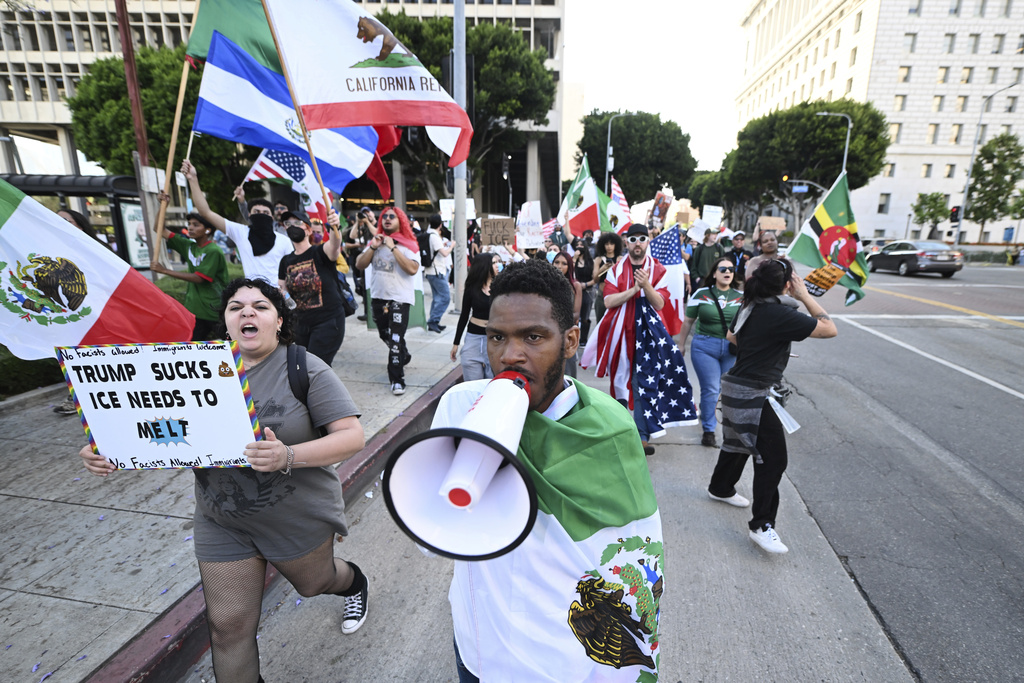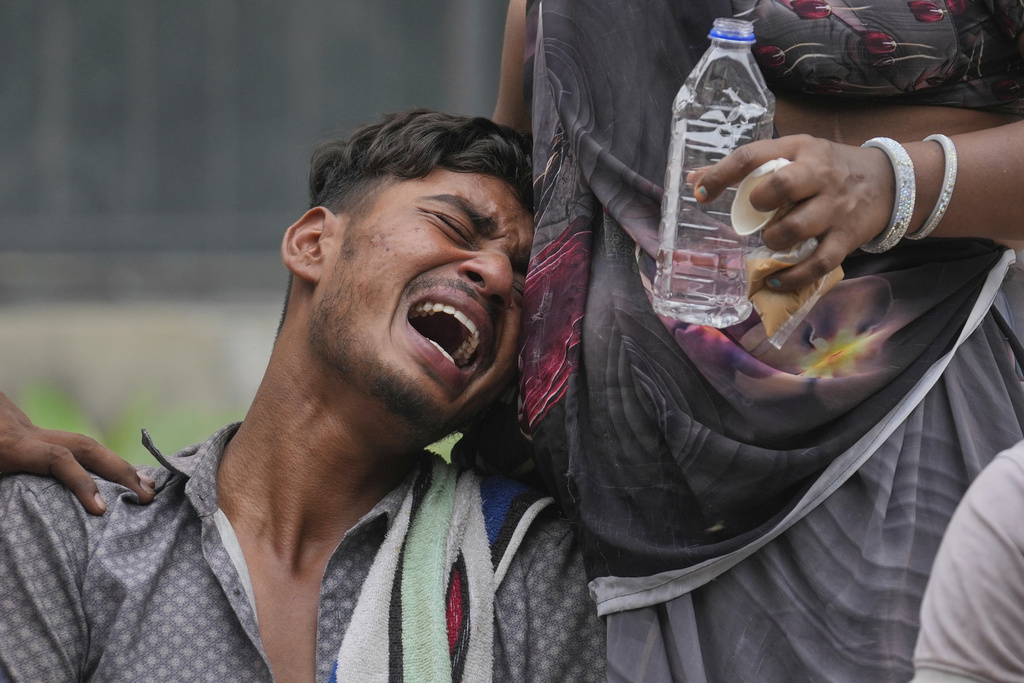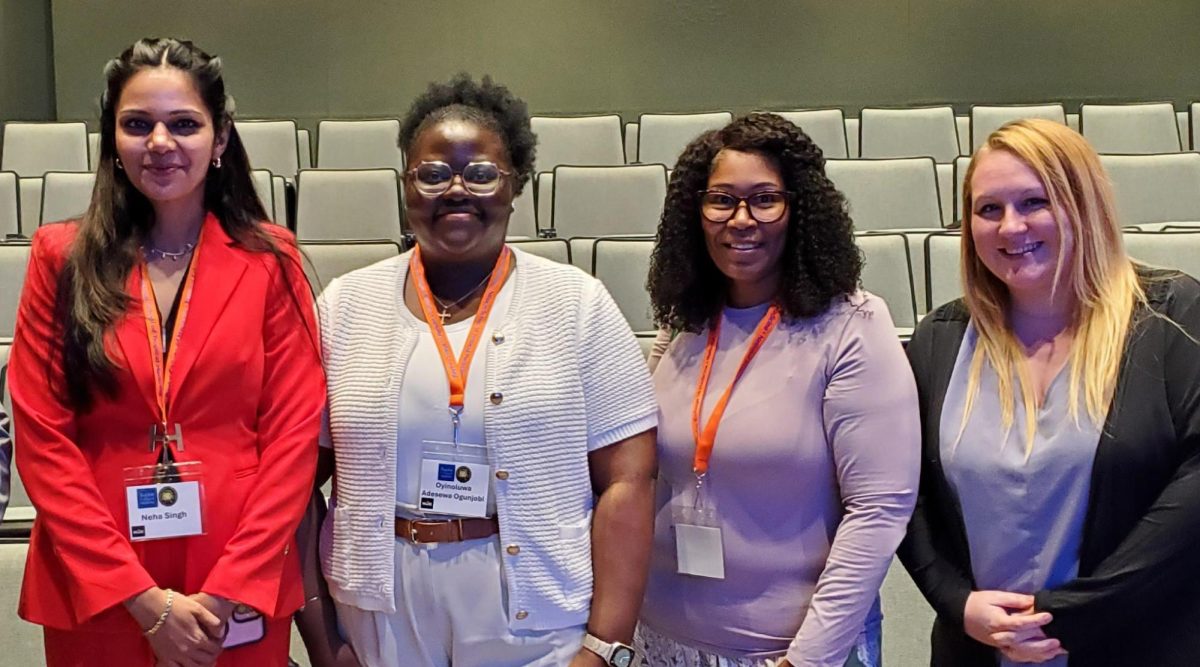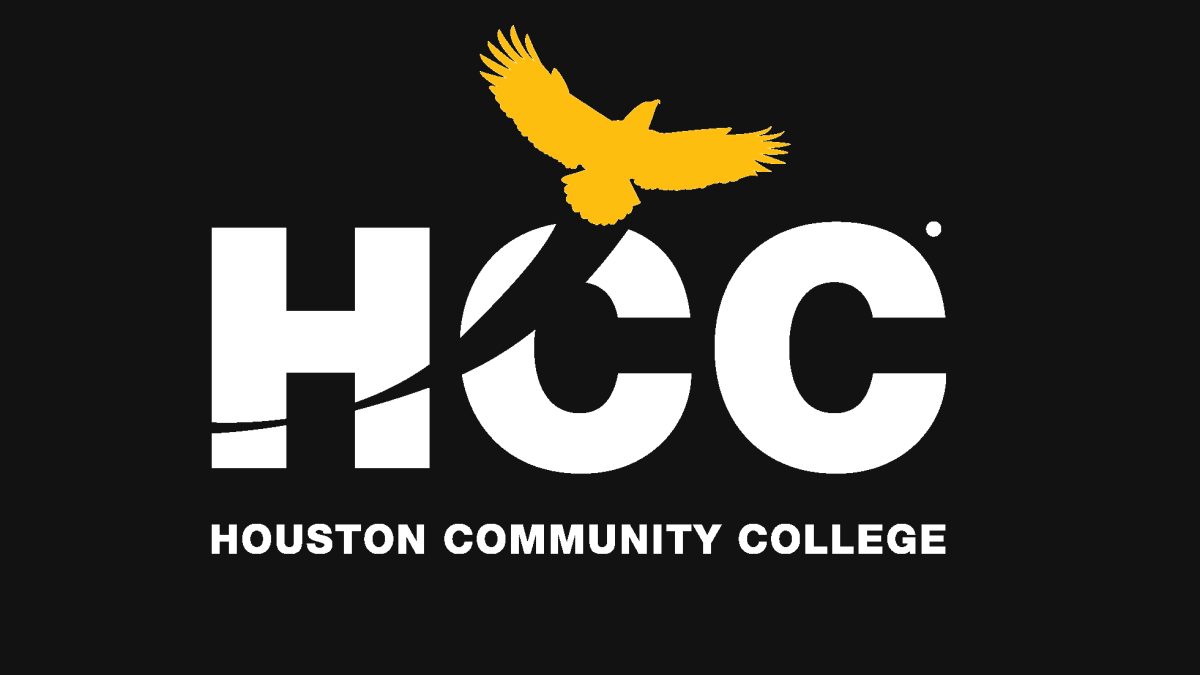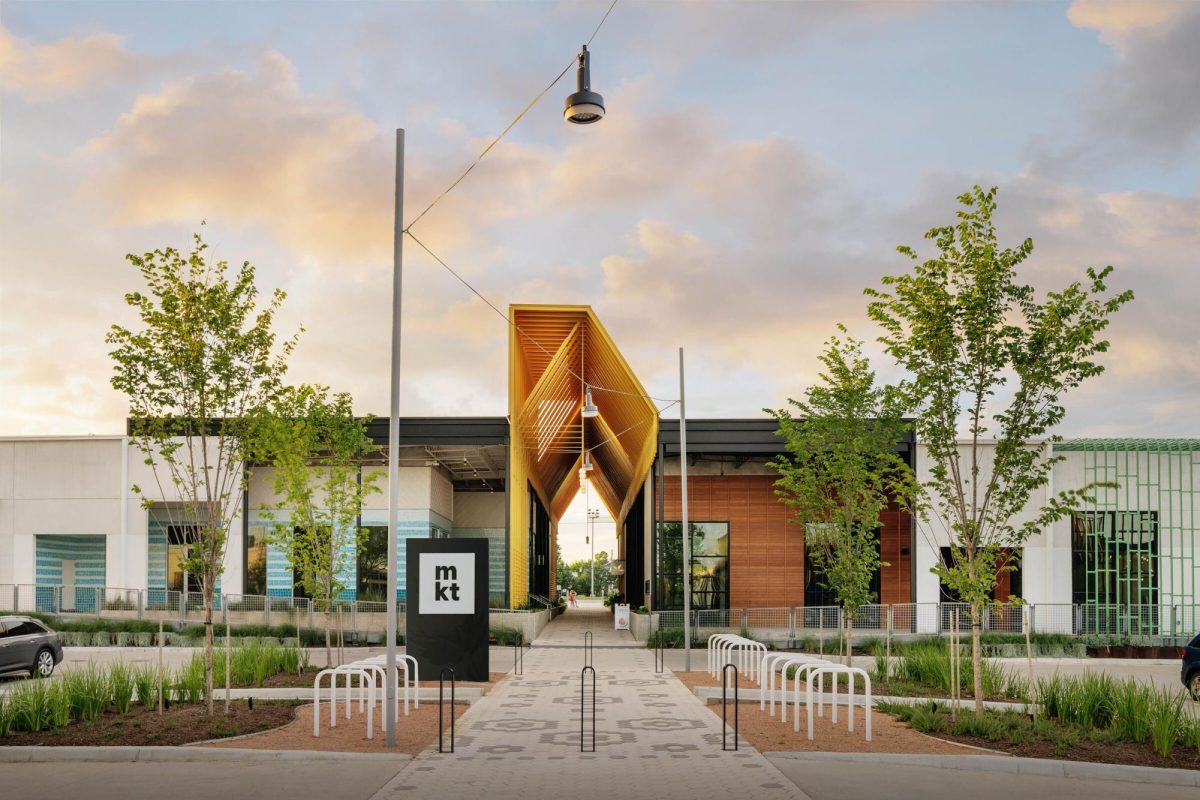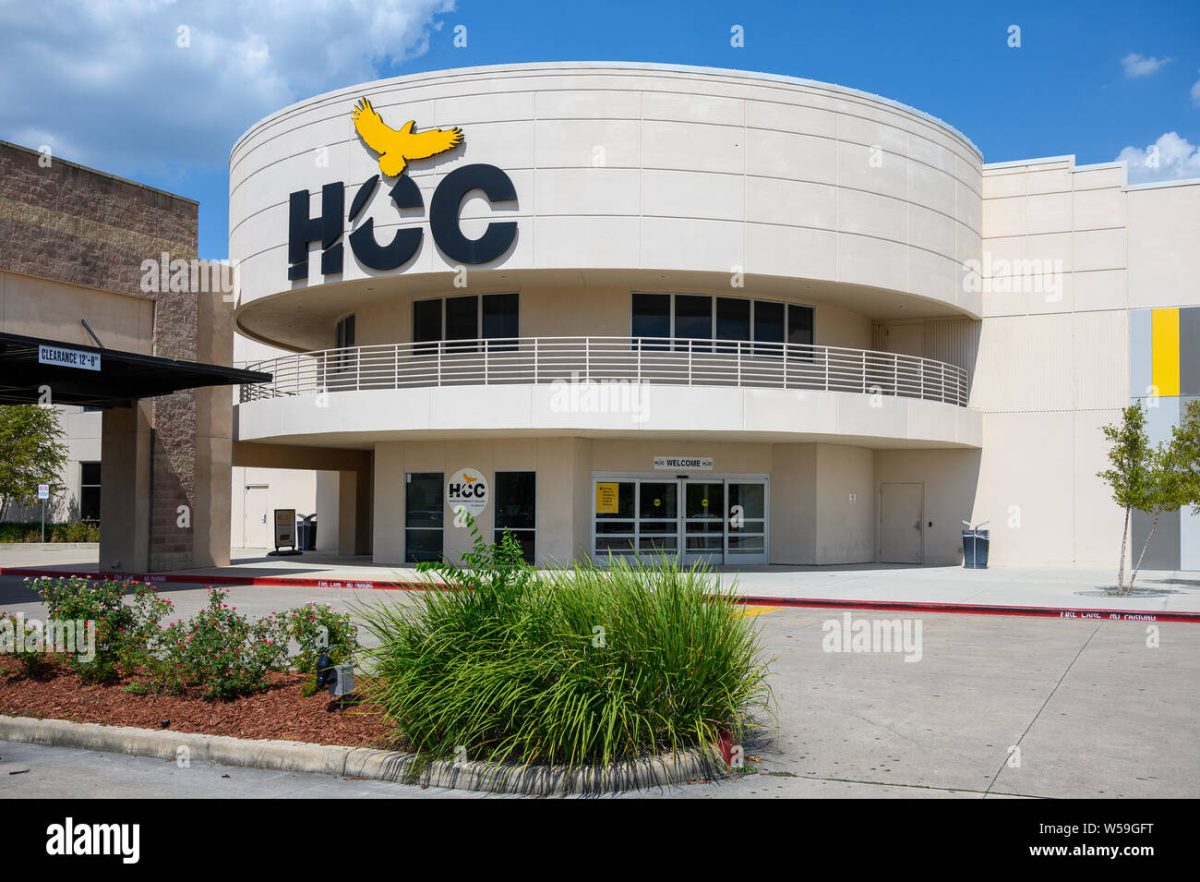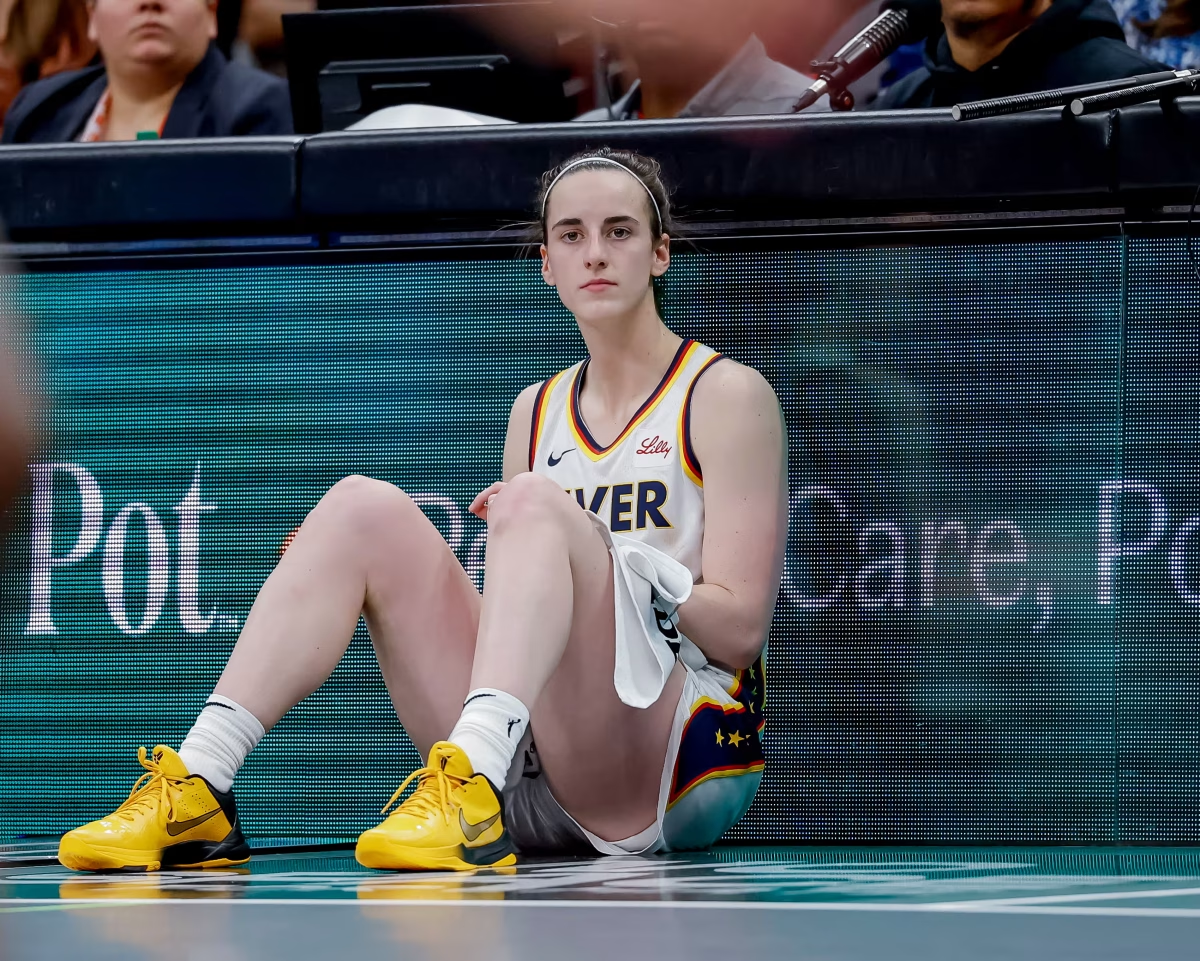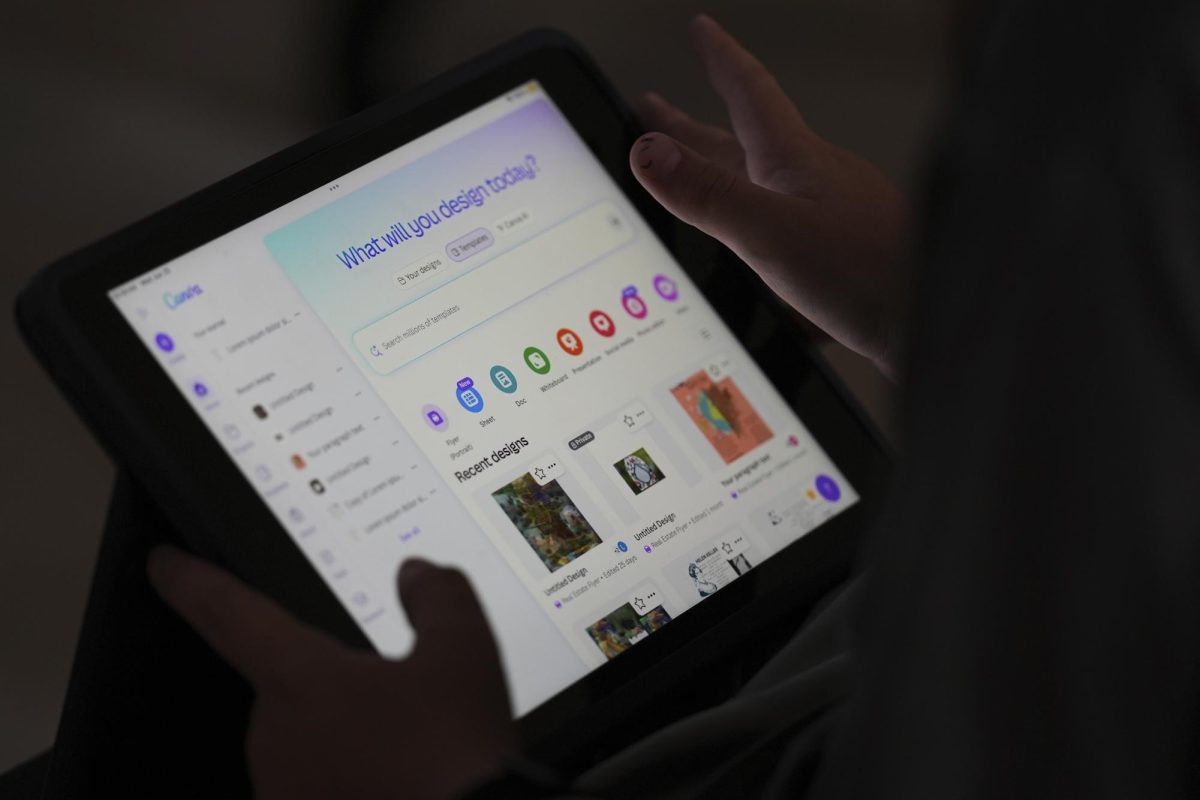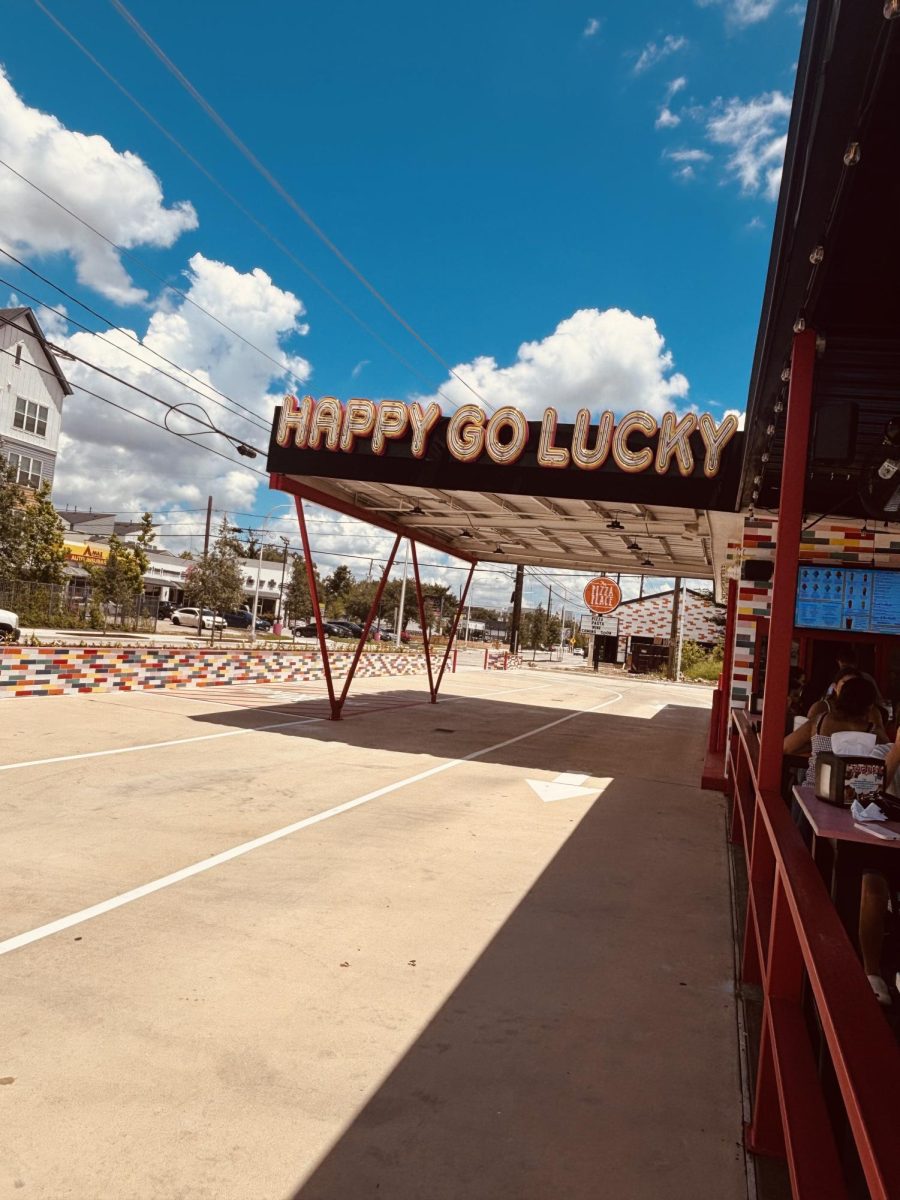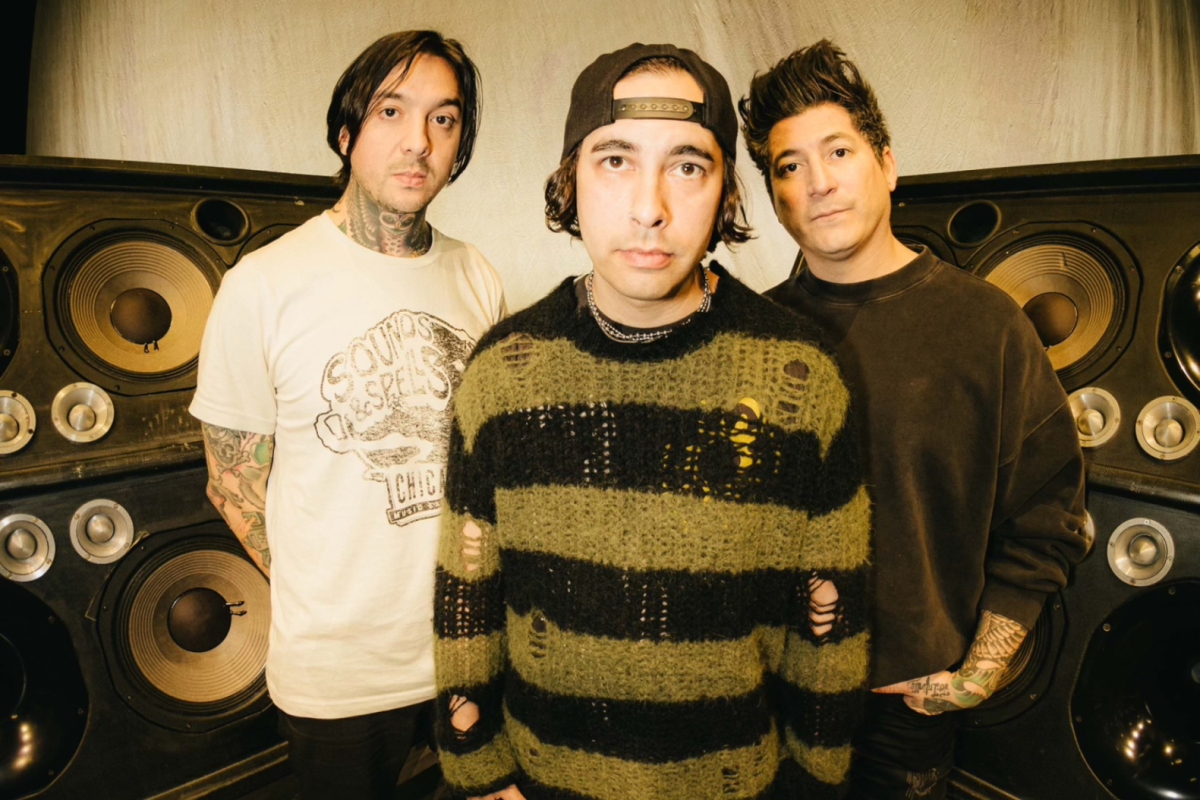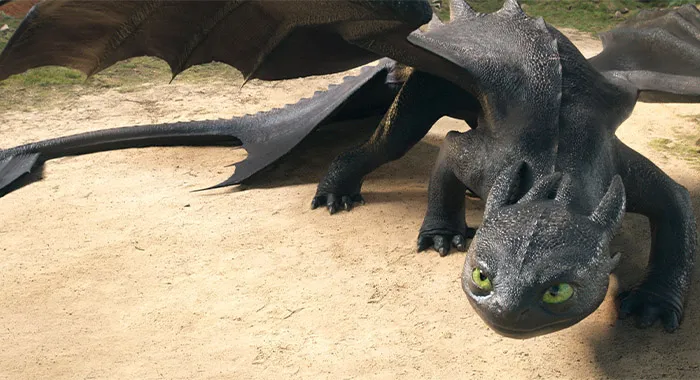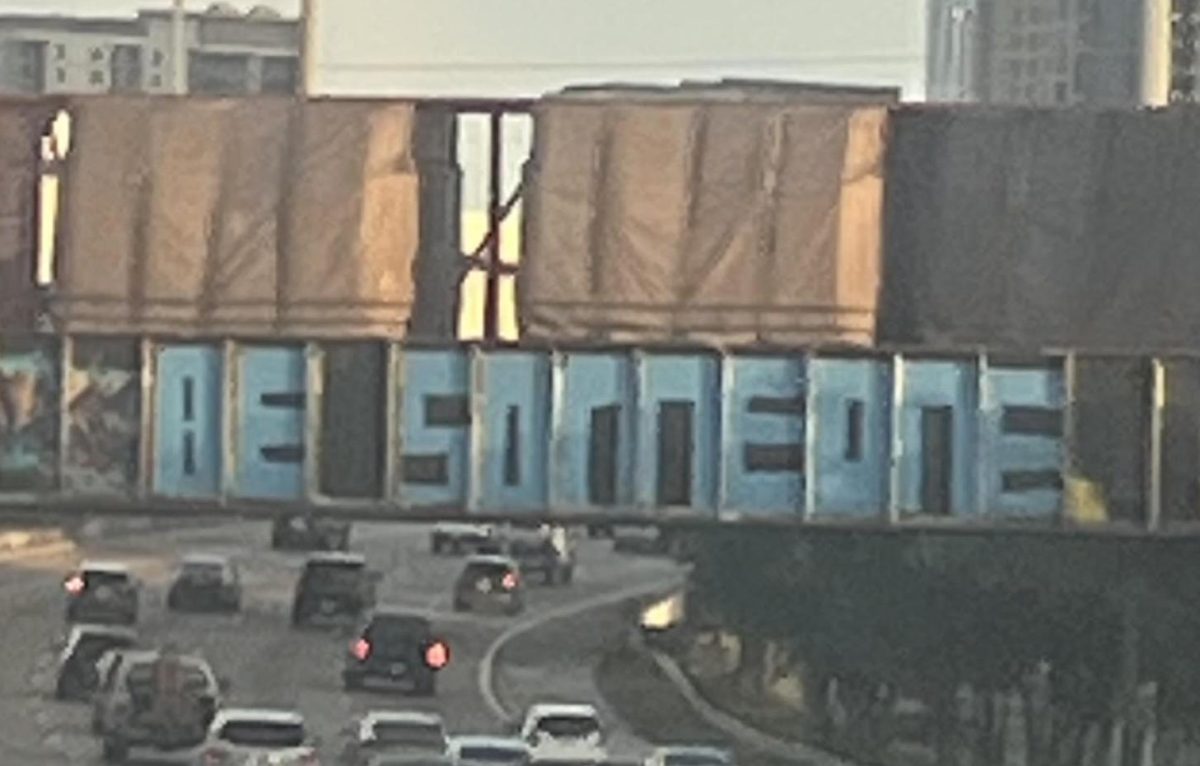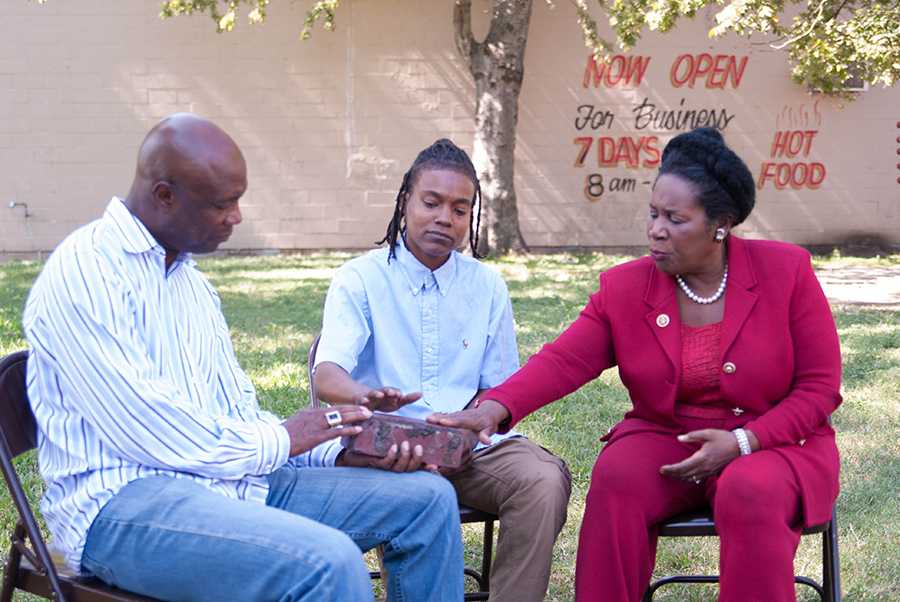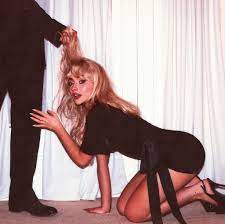Save Our Streets!
The Future of Freedmen’s Town
Congresswoman Sheila Jackson Lee, Bishop James Dixon, and Charonda Johnson hold a discarded brick.
October 26, 2014
HOUSTON – On Oct. 22, Congress Woman Sheila Jackson Lee, Bishop James Dixon and Freedmen’s Town resident Charonda Johnson had a discussion on the history and future of the Fourth Ward neighborhood outside in the open air.
Congresswoman Lee, representative of the 18th District of Texas, held this conversation in the open lot across from the Saint James United Methodist Church on Wilson Street to spotlight the injustices against the Freedmen’s Town Historical District.
“We are here today for your progress and your knowledge,” Congresswoman Lee told Johnson, “as I hear the whispering of the trees and if I might say feel the ancestors and they want us to be here.”
“This conversation is about hope,” Bishop James Dixon told Johnson, “I know it’s pained, I know there is some anguished, because of your story. Can you share you story with us?”
“My great grandmother came here from Bay City, Texas,” Johnson explained, “She would tell me stories on how Freedmen’s Town was Houston’s Harlem. She would go on about the nightclubs and the restaurants and how alive it was here with all the lights.”
Johnson went on by saying, “To preserve history you have to care about the future. It seems like; our future is not being cared for [by the city]. If we have to use the bricks as an anchor, then that’s the anchor we will used.”
Bishop Dixon pulled a brick that had been discarded by the city in its last construction project and held it in his hand while reminiscing the stories his father told him and recalling Jack Yates’ great accomplishments from within the community of Freedmen’s Town.
“This is the face of Freedmen’s Town,” Bishop Dixon said while holding Johnson’s shoulder.
“Why not call it Freedmen’s Town?” questioned Bishop Dixon, “because when you change the name of a community its identity gets lost.”
“Communities fight for historic recognitions because they are economic booms,” pointed out Congresswoman Lee.
Congresswoman Lee also mentioned an old city plan where money was set aside for the revival of the neighborhood and the creation of a trolley car that would tour people through the neighborhood.
She asked why not have a store that had books about the history of Freedmen’s Town and Jack Yates, and parks where people can go and enjoy themselves as she does at The Mall in Washington D.C.
Johnson spoke on how Freedman’s Town is the mother of all other Black neighborhoods in Houston; this should be a place of honor and pride. “Why do we not have anything here?”
“This brick represents all the brick that are here,” said Bishop Dixon, “but to me, congresswoman, it represents the people in which this legacy and history that was built.”
Bishop Dixon continued, “If we allow the bricks to be destroyed, then we are saying that the foundation has been taken out from under us.”
He also mentioned that the bricks can and do inspire hope. The original settlers started with nothing, but with creativity and necessity built what others marvel at today.
Plans have been made by Congresswoman Lee, Bishop Dixon, Johnson and Senior Pastor Debra Brown, from Saint James United Methodist Church, for a free community picnic on Nov. 2 for all of Houston to come and enjoy the area.
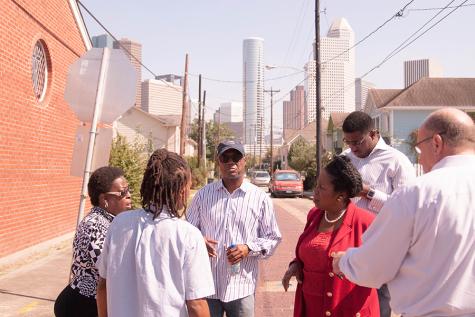
Congresswoman Lee, Bishop Dixon, Pastor Brown, and Charonda Johnson planning community picnic.




